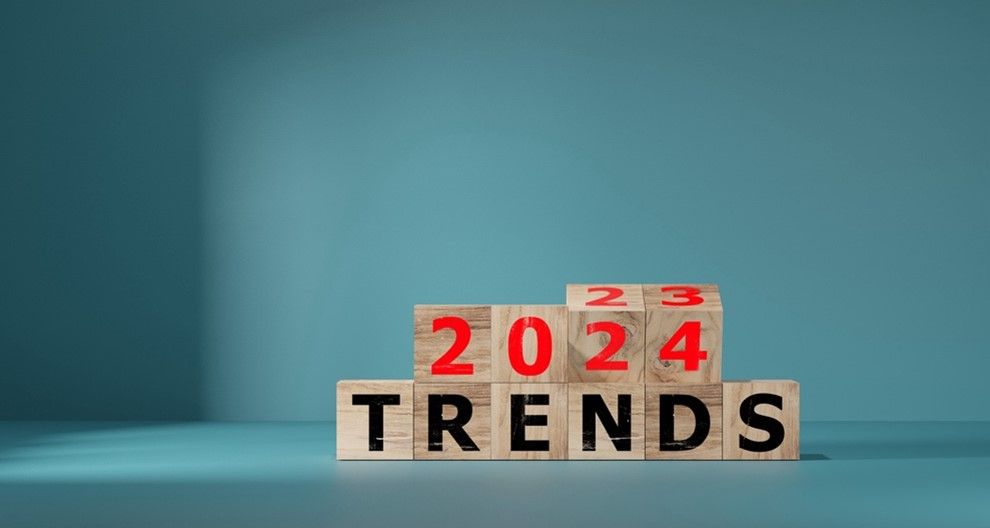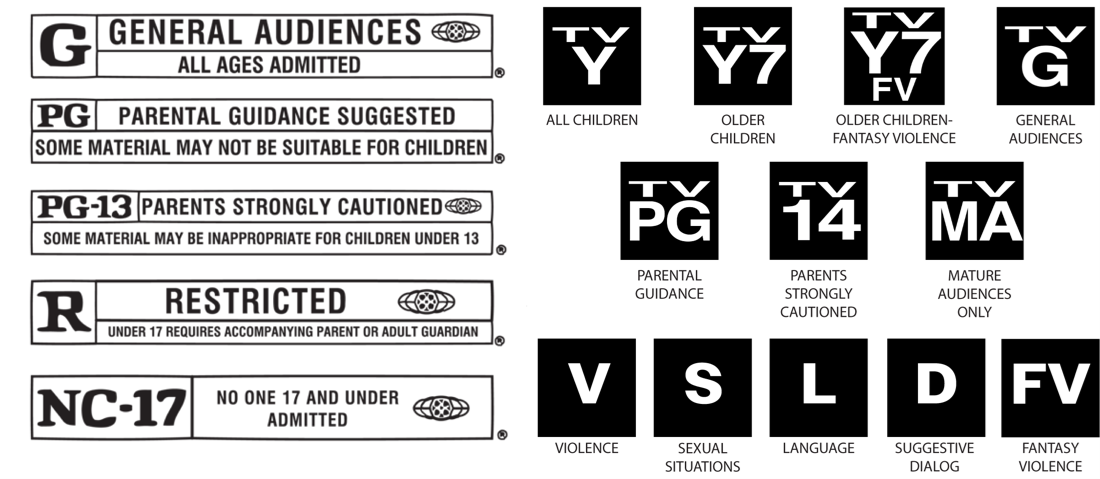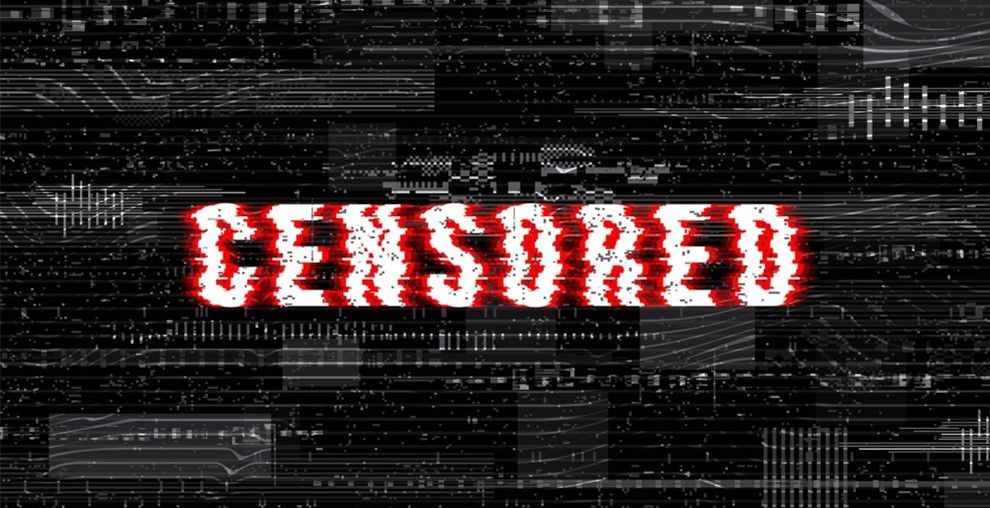Hong Kong – That Was Then, This Is Now
On June 11, 2021, Hong Kong’s government expanded its film regulations to more closely reflect mainland China’s censorship rules. The regulations, which went into effect immediately, were issued under the stated purpose of protecting “national security” and attempting to provide balance “between protection of individual rights and freedoms on the one hand, and the protection of such legitimate societal interests on the other.” What this means is content that includes “any act or activity which may amount to an offense endangering national security” or “which is objectively and reasonably capable of being perceived as endorsing, supporting, promoting, glorifying, encouraging or inciting such act or activity” will be prohibited from being shown on any platform in the Hong Kong Special Administrative Region (HKSAR).
Since returning to Chinese mainland control in 1997, Hong Kong has enjoyed relative autonomy from the Beijing government, including maintaining its own film classification system. The Office for Film, Newspaper and Article Administration (OFNAA) administers the Film Censorship Ordinance (FCO) through the Film Censorship Authority (FCA). The FCO classifies content into three categories:
• Category I – approved for persons of any age
• Category II – has two sub-classifications:
o IIA – Not suitable for children, and
o IIB – Not suitable for young persons and children
• Category III – approved only for persons age 18 and above
While categories and age groups have not changed, the FCA has been granted expanded authority to ban films on the basis of endangering national security. Plus, the FCO instructs censors to be “vigilant” in carrying out their new responsibilities. Prior to June 11th, “National Security” was not a consideration of Hong Kong’s content classification system. Key language of the new rules centers on how films or documentaries present themselves. Specifically, Item 17 under Section “ V. Approaches in Classification ,” adds the following:
17. The fact that a film purports to be a documentary or purports to report on or re-enact real events (as opposed to a fictitious event) with immediate connection to the circumstances in Hong Kong necessitates an even more careful consideration of its contents by the censor, as the local audience may likely feel more strongly about the contents of the film or be led into believing and accepting the whole contents of the film, and the effect on viewers would be more impactful. The censor should carefully examine whether the film contains any biased, unverified, false or misleading narratives or presentation of commentaries, and the tendency of such contents to lead viewers to imitate the criminal or violent acts depicted.
The document does not define the words “biased,” “unverified,” or the phrase “false or misleading narratives or presentation of commentaries,” nor does it specify how these terms should be identified or quantified. This vagueness is the crux of criticism about the new rules. Many complaints suggest the new rules are intended to stifle freedom of expression within Hong Kong. It certainly adds another obstacle for content creators and distributors to navigate in releasing content into that market.
Assessed content that violates the new standards will result in
(1) a higher category rating;
(2) a requirement that edits or cuts be made to the film;
(3) a combination of the first two, or
(4) a complete exhibition ban.
Censors’ decisions may still be appealed to the Board of Review with an anticipated response within 14 days. However, that timeframe may be extended by the HKSAR Secretary of Commerce and Economic Development for any reason. Certificates of Approval and written determinations including reasons for mandating changes are required in all cases. This differs from mainland China’s regulations as its decisions are final and cannot be appealed.
Other differences between mainland China and Hong Kong remain, such as how LGTBQ+, sexuality, horror and thematic content are assessed and classified. None of those criteria was rewritten by the new “national security” regulations. While other regions, notably the Middle East, Ireland, New Zealand, Australia, Indonesia, and Germany include “national security” in their content regulations, the difference is in how those regulations are defined, applied, or whether they are enforced at all. Countries or regions that classify content commonly refer to graphic violence, graphic sexuality and similar reasons when banning films – all of which are clearly defined. In this case, filmmakers worry that given the lack of specificity in how the new regulations are to be applied, content that is permissible in Hong Kong today may be banned tomorrow, thus bringing Hong Kong’s classification board more in line with mainland China’s censor board. Only time will tell if and when Hong Kong’s regulations mirror the mainland’s or will be replaced by them.
From a practical standpoint, these new regulations will have a significant impact on content creators, directors, distributors, and exhibitors planning to distribute film and television content in Hong Kong. The common approach to determine which types of content are appropriate for various age groups and maturity levels is still the best one; however, the “national security” concerns undoubtedly raise the stakes. Hong Kong isn’t the first region where political concerns over depictions of governmental actions result in changes to film classification rules. This is an indicator of more things to come.
Related Posts


SILICON VALLEY
2336-H Walsh Ave.
Santa Clara, CA 95051
+1(408) 550-2344
LOS ANGELES
3900 W Alameda Ave.
Burbank, CA 91505
+1(310) 496-7307









